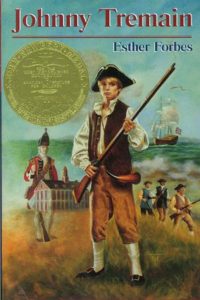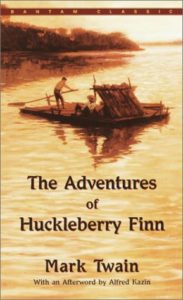Some Americans Need To Revisit The History Of Independence Day
Polls show that too many people don’t know what July 4th is about
Some Americans think we celebrate the Fourth of July because on that day in 1776 we declared our independence from Canada. Others believe our foe during the American Revolution was France. Only 42% of respondents in yet another survey knew that July 4th commemorates the nation’s independence—our country’s birthday—arguably the most important holiday on the calendar.
Some say that it is the emphasis schools place on the so-called practical subjects—math and science—that is the cause of our “historical illiteracy.” Others put the blame on boredom, pure and simple; let’s face it, history text books rarely inspire an enthusiastic love of the past.
“Students often have a difficult time connecting the past to the present. If a teacher cannot even get the events of the past across to the students, the connection with the present is impossible,” according to Lisa Cucciniello, a highly regarded history teacher and writer. “One way to engage young adults,” she adds, “is to have them read works of historical fiction. These stories, built around the actual events of history, often have fictional elements that move the plot along in a way that is interesting to teens as well as adults alike. Such books keep the students engaged, thereby causing them to research what the difference is between fact and fiction in the story.” These stories, constructed around actual incidents, often feature fictitious episodes.
Author, publisher and history education advocate David Bruce Smith says he couldn’t agree more with Ms. Cucciniello’s assessment. “Over the past several decades schools have gradually deemphasized history in the classroom, and as a result, they do not know who George Washington and Benjamin Franklin are, or why we celebrate the Fourth of July.”
Smith describes himself as a grateful American and has gone to great lengths to promote “the desire to learn and understand” the history of the country, particularly among school children. He created the Grateful American Book Prize as a way to instill a love of history among students, and to galvanize authors to write more exciting non-fiction and fiction.
“We need more books such as Esther Forbes’s Johnny Tremain and Paul Revere and the World he Lived In, Harper Lee’s, To Kill a Mockingbird, or Mark Twain’s, Huckleberry Finn. Each of these can educate in ways that appeal to young readers,” he says.
The message this Fourth of July is go ahead and fire up the grill, attend the parade on Main Street and, while you are at it, ask your kids to pick up a book and read what it’s all about.
- Johnny Tremain by Esther Forbes
- Paul Revere and the World He Lived In by Esther Forbes
- Huckleberry Finn by Mark Twain




